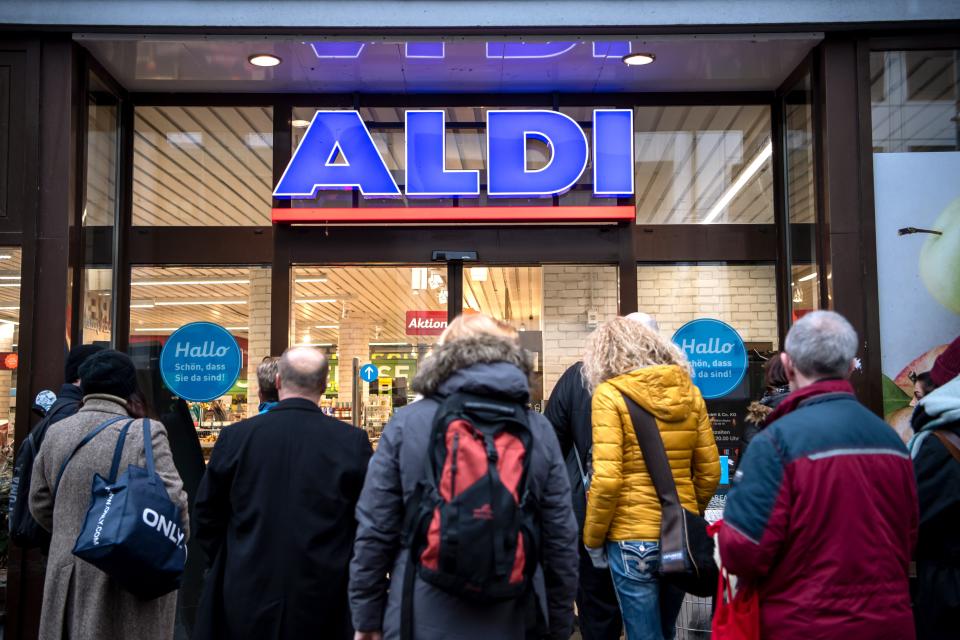Germany agrees €12.4bn package to boost economy amid coronavirus crisis

Germany’s coalition government agreed late on Sunday night to a €12.4bn (£10.74bn, $14.1bn) investment package between 2021 and 2024 to boost the economy, and also relaxed the rules granting financial aid to firms that are forced to stop work temporarily due to coronavirus.
Speaking to public radio on Monday, federal finance minister Olaf Scholz said that the government was ready to do “everything necessary to stabilise the economy and secure jobs.”
“Our very solid state finances are the basis that will enable us to do everything necessary to cope with any genuine economic crisis,” Scholz told Deutschlandfunk.
Europe’s largest economy is heavily dependent on exports, making it vulnerable to any global trade slowdown, especially stemming from its biggest trading partner China.
German exports to China fell by 6.5% in January, to €7.3 bn as the country was brought to a near-complete standstill after the Beijing government shut shops and factories and quarantined cities to try and stop the spread of the virus from its epicentre in Wuhan, Hubei province. Imports from China to Germany in January also fell, but only by 0.5%.
German automotive companies have been particularly badly affected as their Chinese car plants were shuttered in February and Chinese consumers pretty much stopped buying cars: New car sales in China in February plunged 80% from the same month in 2019.
READ MORE: Shoppers panic-buying as coronavirus spreads to 10 of 16 German states
The German government agreed last night to offer compensation to companies that are forced to temporarily halt work due to coronavirus.
German flag carrier Lufthansa may be one candidate for the fiscal aid. It announced on Friday that it would cancel 50% of all its flights, and said it could take “many months before we will see the first signs of stability.”
“The German government’s decisions tick the right boxes. However, as so often, the absolute size of the measures could quickly prove to be too small,” said ING Germany chief economist Carsten Brzeski.
“Last night’s decisions will lower the fiscal surplus, without pushing the budget into negative territory,” Brzeski added. “In our view, the German government’s package is a good step in the right direction, but it will only tackle the impact from a short-lived economic shock.”
Germany meanwhile has reported over 1,000 cases of coronavirus to date, with shops and chemists selling out of disinfectant, toilet paper, and pasta as people panic-buy supplies.

 Yahoo Finance
Yahoo Finance 